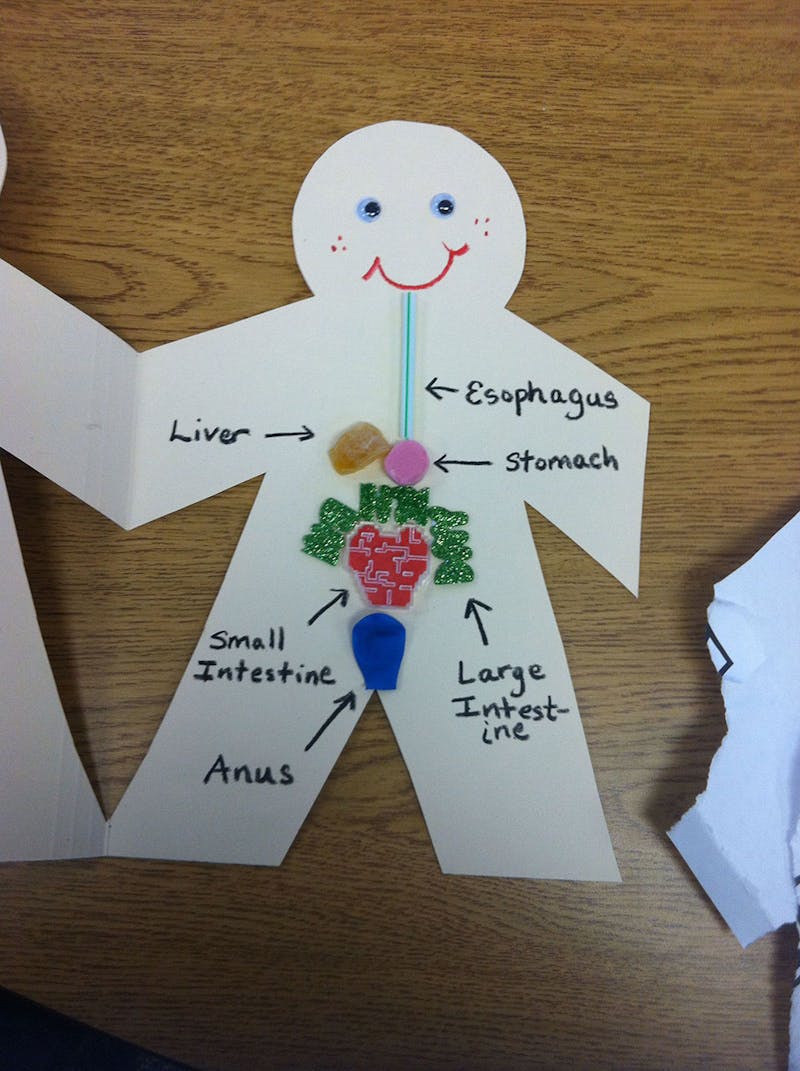1. Start revising early and be organised.
Don’t wait until April to start revising for May’s exams, start in January. Make a revision timetable to plan your revision and do your best to stick to it. Things will pop up that make sticking to your timetable tricky but persevere and do your best. Start revising early and stay organised.
2. Get the right setup
Distraction is the root of all failure. Indeed, there’s a reason offices have desks instead of sofas and there’s rarely a Netflix box-set blaring away in the background. You’re not working when you’re doing it in bed or on the sofa. If you think you’re being productive, you’re lying to yourself.

Work at a proper desk with a proper chair. If you’re revising at night then you may need a desk lamp. Try to revise in a room without other family members bustling around, making dinner or playing with toys. Don’t have the TV on in the background, don’t leave the radio on and don’t keep checking your phone! No iPads, iPods and whatever else. Be honest with yourself, they’re not helping you revise. Get the right setup.
3. Understand your brain
Some people learn better in the morning, some in the afternoon and bizarrely some are most alert at 2 am. Most people are at their best in the morning. Start early and you’ll get a day’s work done in time for an evening’s relaxing. That said, many people suffer from afternoon fatigue after eating lunch. If this is the case, try starting earlier in the morning. Be honest with yourself and have self-discipline. Work when you know you can get your best work done. Understand your brain.
4. Target your weaknesses, be strategic
Don’t spend hours revising the topics you already know. Where’s the sense in that?! It feels more comfy if you know and understand everything you read but you’re wasting your time. List the topics you know you struggle with and prioritise those.

Also, don’t spend hours revising what’s unlikely to appear in an exam paper or will only ever be a 1-mark question. Prioritise what will give you the best return on your revision time investment. Target your weaknesses and be strategic.
5. Start with the thing you least enjoy
Everyone has subjects they would rather avoid. Stop avoiding it and instead start your revision session with these. It may seem a silly idea but you’ll soon realise that awful subject wasn’t nearly as bad as you thought. It’s then easier to get round to what you enjoy most. Start with the thing you least enjoy.
6. Create revision notes
About 0.5% of people can read through a textbook and remember enough facts to recall them in their exams. 99.5% of people can’t. Want to remember facts? Create revision notes. Revision notes are well organised and concise notes that help you do better in your exams. They can take the form of sentences, bullet points, brain storms (or whatever else).

Experiment with writing them on A4 paper, A6 cards or Post-Its and find out what works best for you. Create revision notes.
7. Stop blinging up your revision notes
Plenty of people buy 48 highlighters, red pens, green pens and a whole rainbow of post-its. They’re wasting their time. The key thing with revision notes is to make them concise and only include the important details. Using more than one colour can help make revision notes more engaging but try to limit it to three. Any more and it’s just wasted energy. Stop blinging up your revision notes.
8. Don’t put off revising
“It’s a Friday, I won’t get anything done today, let’s not bother.” “It’s the weekend, who would want to revise on such a sunny day?” “That Xbox is starting to gather dust, I’ll start revising this afternoon.” Procrastination is the thief of time…and you don’t have all the time in the world. Don’t put off revising.
9. Take regular short breaks
Even the smartest people in the world struggle to concentrate for longer than 45 minutes. They realise that working for any longer is a waste of time and only leads to ‘brain burnout’.

Break your revision sessions up into periods of intense study followed by a regular break. We would recommend up to 45 minutes of intense study followed by 15 minutes of break. You’ll need to be strict with your timings but stick to it. Take regular short breaks.
10. Eat and drink regularly
Humans work best when they’re well fed and properly hydrated. Avoid sugary snacks and those ghastly energy drinks, the sugar will only destroy your concentration. Likewise, avoid eating an enormous lunch, it will only slow down your thinking. Try eating oats in the morning and pasta for lunch with lots of water throughout the day. Eat and drink regularly.
11. Use revision books
Revision books help children understand tricky topics from another angle. It’s like having another teacher explain things from the very beginning. Trust us, we know these things, it works. Use revision books.
12. Don’t spend all your time revising
If you spend every waking hour revising, you’ll end up burned out. Spend the time you’re not revising doing whatever helps you to relax - and make sure it’s nothing to do with revision!

It could be swimming, shopping, cooking, running or white-water kayaking. If you’re forgetting about revision, you’re relaxing. Don’t spend all your time revising.

If you can’t remember how to label the human digestive system, try something different. Try making a model out of playdough and pipe cleaners. Try painting it to canvas or making audible notes using a voice recording app on your phone. Don’t be afraid to get creative.
14. Use free past papers
Whether it’s Phonics, SATs or GCSEs, there’s an absolute pile of past exam papers out there to practise with. Exams are as much about exam technique as they are about recalling information. Children need to craft their answers to please the marker and complete the paper in the allocated time. This takes practise. Past SATs and Phonics papers can be downloaded for free from our sister website, SATs-Papers.co.uk. Past GCSE papers can be downloaded free of charge from their exam board’s websites. Use free past papers, it would be daft not to.
15. Buy practice exam papers
Practice exam papers are affordable and test children in all the required topics. The questions are often more challenging than the real papers and they always come with full answers. Several of the practice exam papers at Exam Ninja even come with audio downloads for listening tests. This helps children feel more confident and more prepared for their exams (and hit top marks).If you’re looking for the perfect revision guide or practice exam paper for your child, get in touch with us at Exam Ninja. We would be more than happy to recommend the perfect books to help your child get top marks.

